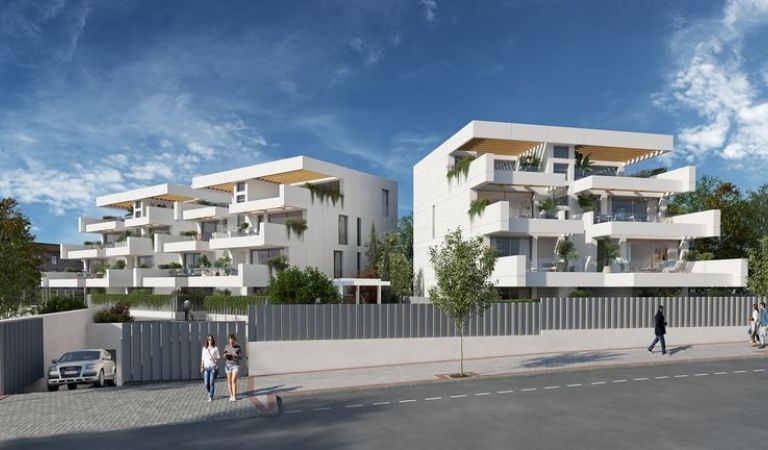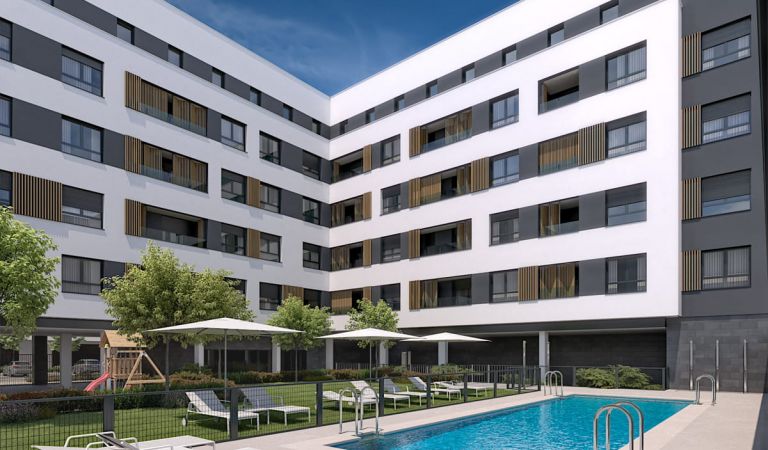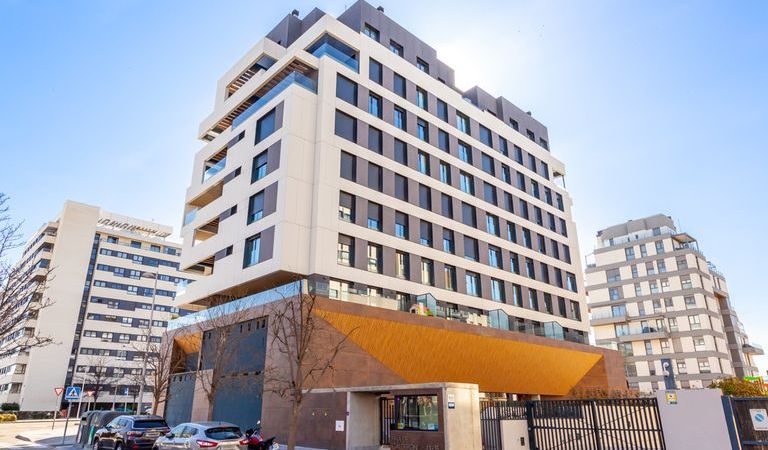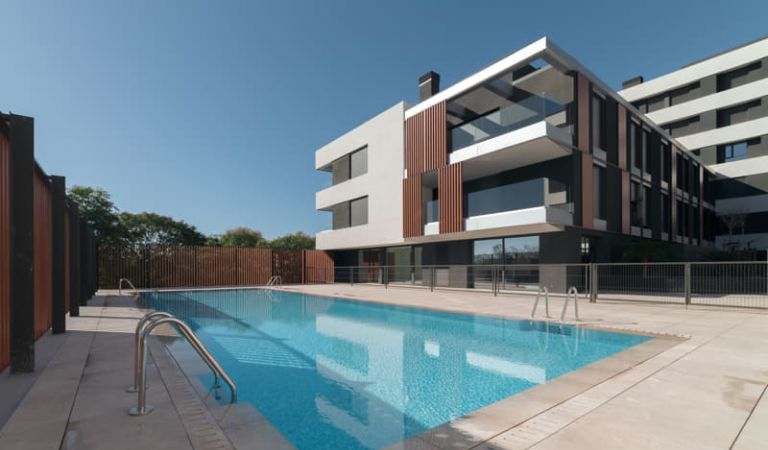This is one of the main dilemmas people face when seeking finance from their bank: should you choose a mortgage with a fixed or variable rate of interest? How can you tell which one is best for you, and what does this depend on? We will examine three key factors in order to take the decision that is best suited to your needs and your economic situation: the rate of interest, the monthly instalments, and the time during which repayments are to be made.
The rate of interest payable on fixed-rate and variable-rate mortgages
This is the main difference between the two: with a fixed-rate mortgage, the interest rate payable throughout the entire period during which you make your repayments is the same: you know how much the instalments are in advance.
Meanwhile, with a variable-rate mortgage, the interest rate is determined by a fixed differential (established by the bank) and the Euribor, and as such the instalments are dependent on these two things.
The monthly instalments and the length of the repayment period
With a fixed-rate mortgage, the amount is normally larger than with a variable-rate mortgage, depending on what the current rate of interest set by the European Central Bank is. Therefore, you need to consider whether you have sufficient economic solvency to meet the said cost over a period of time that is normally shorter than with a variable-rate mortgage.
Meanwhile, with a variable-rate mortgage you have the possibility of paying smaller monthly instalments and stretching out the repayment period. However, you should be fully aware of the point made in the previous section given that the amounts may vary, and are normally updated every six months.
It should be pointed out that for some time now, many banks have started to offer their variable-rate mortgages with so-called ‘initial fixed interest’, in which normally during the first twelve months there is a fixed monthly instalment that will not vary.
Making your decision and other useful information
One of the key indicators for determining whether you should go for a mortgage with a fixed or variable rate of interest, and which may lead you to choose the second, is the repayment pace of the loan. This pace is faster than with a fixed-rate mortgage, given that you pay a greater share of interest payments at the start of the mortgage: this means that you are paying off a larger proportion of capital in the early years of the mortgage, which partially sets off any future interest-rate rises.
Lastly, we recommend that you look at the new provisions introduced by the new mortgage law which we discussed a few weeks ago in our blog. It was approved on 3 November last year by the Spanish Cabinet with the aim of harmonizing Spanish regulations with European directive 2014/17 which applies in Europe, and has become one of the most important innovations in recent times in the real-estate sector. Take note!

















